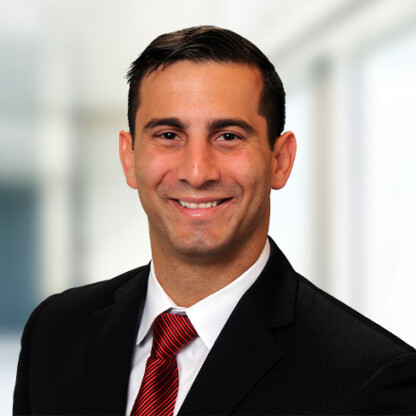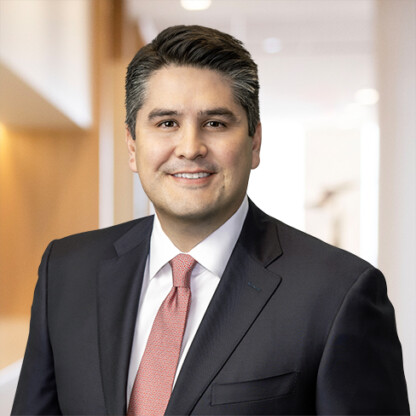Foley partners Aaron Maguregui, co-chair of the firm’s Data Intelligence Area of Focus, and T.J. Ferrante, vice chair of the firm’s Health Care Practice Group, are speaking at the Business Research Intelligence Network’s Remote Patient Monitoring (RPM) Innovation Summit on September 23 and 24. Maguregui’s session is titled “Designing Effective Patient Engagement Strategies for RPM Adoption and Adherence,” and Ferrante’s presentation is titled “Reimbursement Strategies for RPM Services and Corresponding Business Models.”
Designing Effective Patient Engagement Strategies for RPM Adoption and Adherence
This presentation will explore the importance of patient engagement in RPM programs, sharing strategies for driving adoption, promoting adherence, and empowering patients to take an active role in their health management. Maguregui will dive into the psychological and social factors influencing patients’ willingness to engage with RPM technologies and adhere to monitoring protocols. Evidence-based techniques for motivating and educating patients about the benefits of RPM will be presented, such as personalized onboarding, gamification, and social support. The session will also highlight the role of user-centered design in creating RPM tools and interfaces that are intuitive, accessible, and aligned with patients’ needs and preferences. Attendees will leave with a toolkit of practical strategies for tailoring patient engagement approaches to different populations and settings, ultimately driving better outcomes and satisfaction through RPM programs.
Reimbursement Strategies for RPM Services and Corresponding Business Models
The rapid growth of remote patient monitoring technologies offers enormous benefits to the health care community, along with new provider business models and arrangements. When designing a remote patient monitoring offering, companies should explore the various financial opportunities and compensation models. These arrangements must be not only financially viable but structured to comply with federal and state compliance laws and regulations. This session will focus on legal business models and compensation methodologies in remote patient monitoring. The presentation will address the legal and regulatory considerations health care providers should assess when building remote patient monitoring arrangements, as well as understanding remote patient monitoring payment policy and exploring new opportunities for remote patient monitoring services, including emerging RPM business models.
The Remote Patient Monitoring Summit is a comprehensive two-day conference designed to explore the latest advancements, strategies, and best practices of RPM. This event brings together health care professionals, technology experts, and industry leaders to discuss how RPM is transforming health care delivery, improving patient outcomes, and creating new opportunities for health care organizations to optimize their operations and revenue streams.
To learn more and register, click here.

